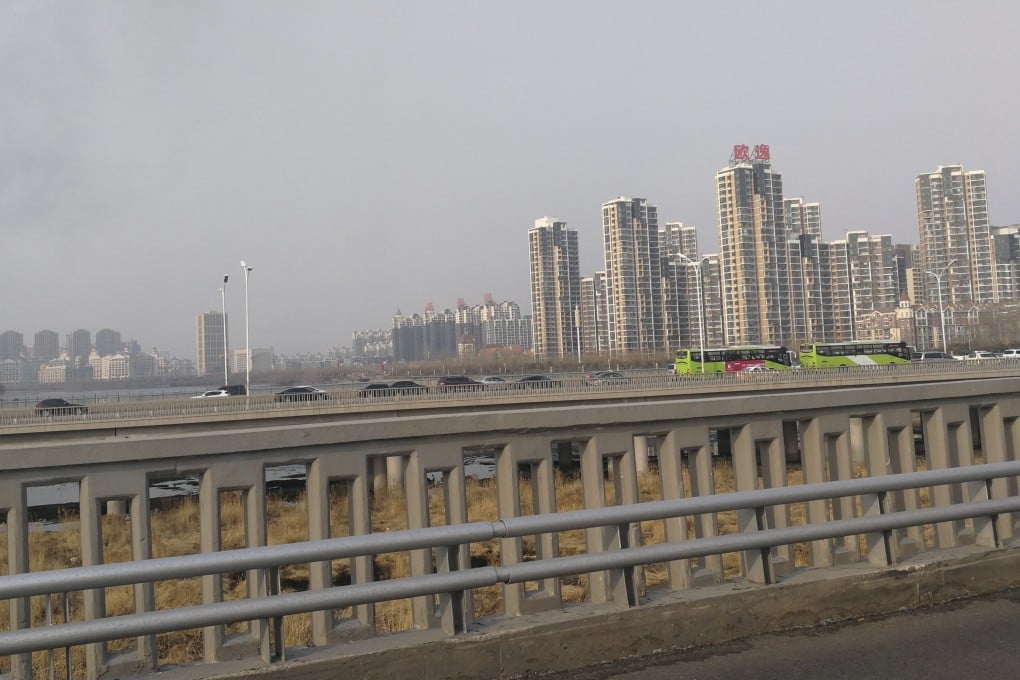Advertisement
China’s property sector downfall creates ‘abnormal phenomenon’ for Beijing’s New Jersey-like commuter hub
- The downfall of China’s property sector has far-reaching implications on personal fortunes, economic growth, financial stability and commodity suppliers
- In China last year, the value of property sales grew by just 4.8 per cent to 18.2 trillion yuan (US$2.9 trillion) compared to 8.7 per cent growth in 2020
4-MIN READ4-MIN
49

Buying property in the small town of Yanjiao was once the first choice for many white-collar workers who did not have a permit to buy a house in Beijing.
Like New Jersey is to New York, Yanjiao is less than two hours to downtown Beijing across the Chaobai River to the west and offers competitive property prices with a reasonable commute.
But many of those dreams have now been dashed with Yanjiao a microcosm of the downfall in China’s property sector, which has far-reaching implications on personal fortunes, economic growth, financial stability and commodity suppliers.
Advertisement
After property prices in Yanjiao halved, and some even dropped below the value of the mortgage, some owners chose to suspend their repayments.
It’s an abnormal phenomenon that many investors are trapped [in Yanjiao] and some even turned into negative assets
But their decisions were not without consequences with one case highlighted on social media last year seeing a 35-year-old sued by the Bank of China for refusing to pay their 16,800 yuan (US$2,640) instalment and remaining 2.82 million yuan (US$443,000) mortgage.
Advertisement
Advertisement
Select Voice
Select Speed
1.00x